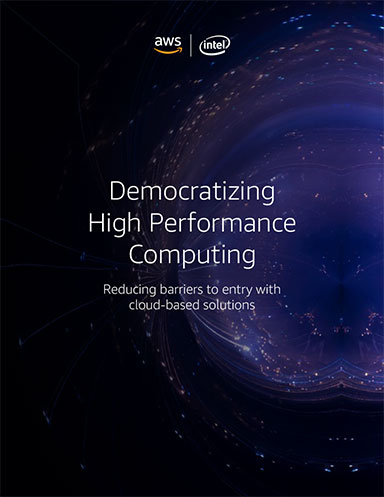BMW, Airbus Announce Quantum Computing Winners
Winning teams were selected for each of five competition categories.

Airbus and BMW Group unveiled winners of the Quantum Computing Challenge, an international initiative to identify quantum solutions for mobility applications. Image courtesy of Business Wire.
December 11, 2024
Airbus and BMW Group have pushed quantum computing forward another step to leverage its potential for future mobility solutions. At Q2B, the companies revealed the winners of the Quantum Computing Challenge, an international initiative to identify and mature quantum solutions for promising mobility applications.
Quantum computing has the potential to impact various industries by speeding up responses to computational challenges, from optimizing supply chains and manufacturing processes to improving vehicle and aircraft engineering, according to the companies. Quantum-inspired algorithms, able to run on classical high-performance computers, can be used to impact the design of the next generation of mobility solutions and give a glimpse of the impact real quantum algorithms could have on future mobility solutions.
“The teams have achieved outstanding progress, and the results of this challenge confirm that quantum technologies have the potential to shape the next generation of aircraft,” says Isabell Gradert, vice president Central Research and Technology at Airbus. “Quantum technology is no longer confined to only fundamental research. Even if it might still be a long way off, it’s clearly advancing towards industrial applications, and we must collaborate with the best experts in the world so that we can fully leverage its potential as soon as it becomes viable,” she added.
“Quantum technology has the power to redefine innovation across industries. This year’s Airbus and BMW Group Quantum Computing Challenge underscores the importance of cross-industry partnerships in accelerating the journey from groundbreaking research to practical applications,” says Robert Bruckmeier,general manager Computing & Network Artificial Intelligence at BMW Group. “While we are still in the early stages, the progress made in this challenge reaffirms our belief in quantum technology’s potential to drive extraordinary advancements for the automotive industry.”
The results of the challenge will enable both companies to identify promising quantum computing applications to improve the way aircraft and cars are designed, manufactured and operated. A winning team was selected for each of five competition categories:
1. Quantum Simulation—The team from the University of Southern California demonstrated that material behavior, such as energy absorption and binding properties, can be better understood by using quantum technologies.
2. Quantum Solvers—The team from the University of Hamburg in Germany showed how quantum computing could be combined with classical computing solutions to solve complex equations to minimize aircraft noise and maximize aerodynamic efficiency.
3. Quantum-powered Logistics—The team from 4colors Research, a start-up from the UK, used quantum computing to minimize CO2 emissions and other costs required in the supply chain logistics process, a complex challenge for the mobility sector.
4. Quantum Machine Learning—The team from Quandela, a start-up from France, explored whether quantum computing can enhance scenario generation, such as transforming limited daytime data into precise and realistic nighttime conditions.
5. And in the Golden app, open category—The team from TU Delft, a Netherlands University, provided a solution in quantum composite design. Their work stood out for its real-world applicability, specifically addressing optimization techniques in the layering of carbon fiber materials.
All finalists in this competition were given access to quantum resources through Amazon Web Services (AWS) to run their algorithms, as well as an opportunity to work with aerospace, automotive and quantum experts from Airbus and the BMW Group.
Sources: Press materials received from the company and additional information gleaned from the company’s website.
Subscribe to our FREE magazine, FREE email newsletters or both!
About the Author
DE’s editors contribute news and new product announcements to Digital Engineering.
Press releases may be sent to them via DE-Editors@digitaleng.news.






